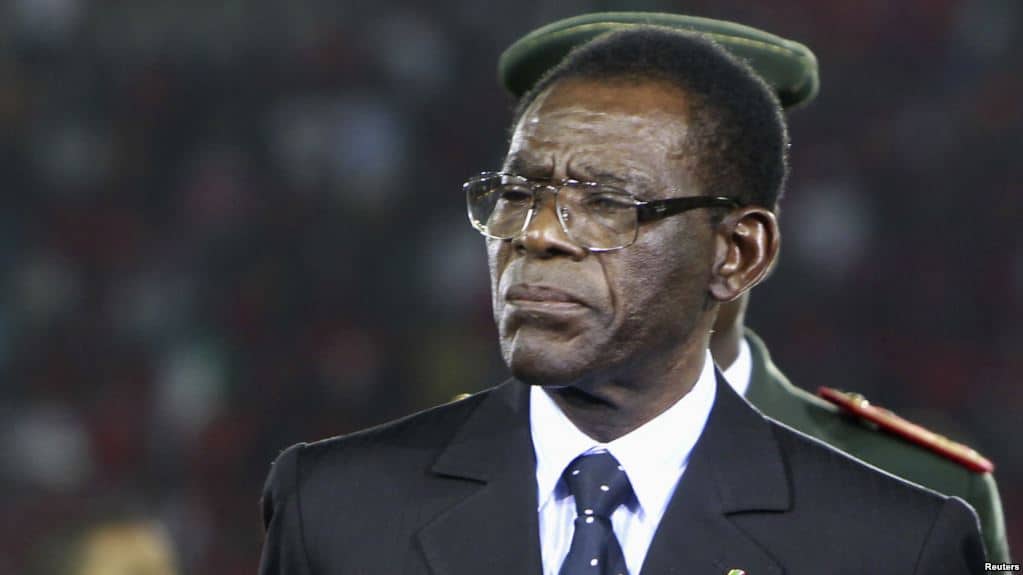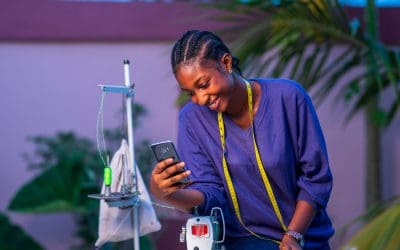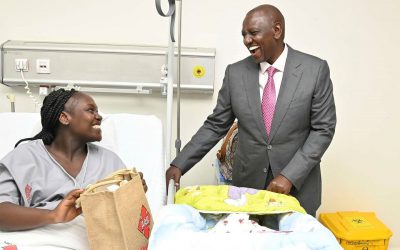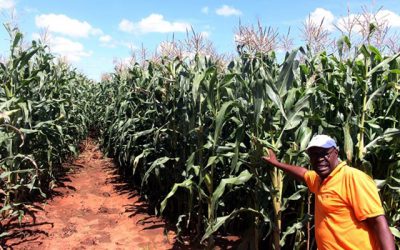On December 28th, 2017, Equatorial Guinea confirmed that it had foiled a coup allegedly involving mercenaries from Sudan, Chad, Central African Republic and Cameroon. In this intervention, one mercenary was killed and the others are yet to be captured. Since the mercenaries were found entering the country from the border with Cameroon, officials from Equatorial Guinea have accused Cameroon of supporting the coup, thus increasing tension between the two countries. These accusation are not unfounded as they stand on the basis that Cameroon had supported another failed coup in 2004. As a response to this, Equatorial Guinea blocked its border with Cameroon, which has left many people stranded for the past two weeks.
If Cameroon had any responsibility in orchestrating such a coup, then it could be perceived that Cameroon is intentionally undermining the sovereignty of another nation. By Cameroon meddling in the affairs of Equatorial Guinea, it conveys a message to citizens that the government is incapable of carrying out its duties. At the same time, it inhibits the government from having the opportunity of performing their responsibility in maintaining the functionality of an independent nation. The outcome of the coup has strained the relationship between the two countries, causing distrust and discord in their engagement. As a government, one of the primary responsibilities is to ensure the nation’s security and stability internally and across its borders. Therefore, Equatorial Guinea deciding to block the border shared with Cameroon, is the government ensuring the security of the nation from a neighbouring country it does trust during this period of time.
On the other hand, Cameroon’s actions should also be applauded. Even though the coup did fail, it did return the attention to the duration of time that Teodoro Obiang Nguema Mbasogo has been President of Equatorial Guinea. President Mbasogo assumed the presidential seat in 1979 and is now one year shy of four decades as President, which makes him the longest serving President on the African continent. President Mbasogo is not the only African leader that represents a practice of ‘President for Life’, as Uganda recently repealed the age limit enabling President Yoweri Museveni to seek another term. Ironically, other leaders that have retained power for decades are Idriss Deby (Chad), Omar al-Bashir (Sudan) and even Paul Biya (Cameroon). This may show that these countries were not in fact interested in providing democracy an opportunity to prosper. However, 2017 was a year that saw two long-time leaders lose their position of power. In Angola, former President Jose Eduardo dos Santos vacated his seat after 38 years. Then in Zimbabwe, a coup forced former President Robert Gabriel Mugabe to resign after 37 years. This may have been part of the inspiration for the coup. Regardless, of their own personal interests, Central African Republic, Chad, Sudan and Cameroon’s involvement in the coup has challenged a leadership that has undermined democratic practices and upheld the rhetoric of Presidents for life.
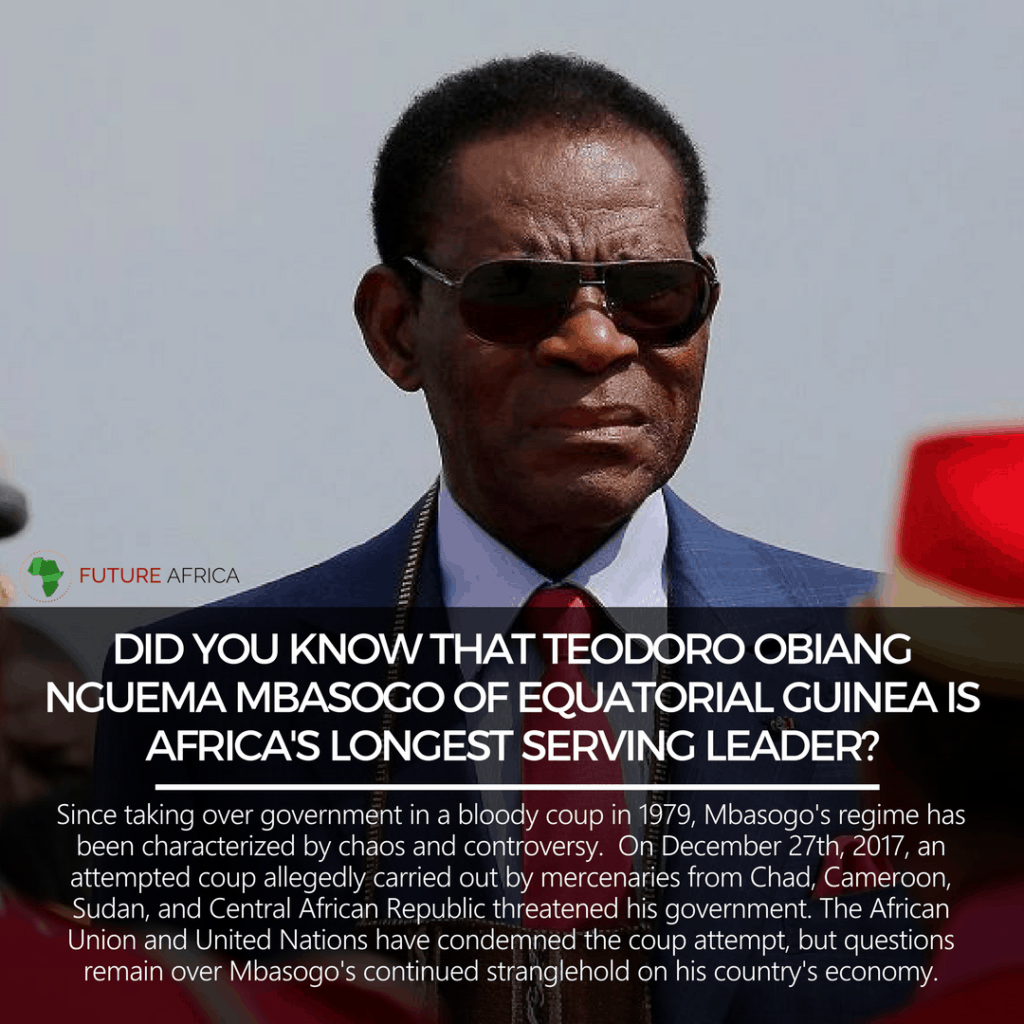 Ultimately, this coup presents concerns on how do other nations intervene and hold other countries accountable, without infringing on the targeted country’s sovereignty and imposing their own interests. It is disappointing that leaders across the African continent continue to follow in these democratic malpractices, with leaders such as Joseph Kabila (Democratic Republic of Congo) and several others joining this list as preventers of leadership transitions. However, the hope is that this failed coup in Equatorial Guinea exerts pressure on President Mbasogo, and by extension other leaders fitting the same criteria. Regardless of the outcome, it is without a doubt that the actions of every party involved will affect the citizens the most. Already, migrants, particularly merchants have voiced the damage the blockade of the border has done for their business and livelihoods. Eventually, the government will revert back to normal practices but the questions are burning: How long does President Mbasogo have left? Could 2018 be the fall of his regime? And which leader would be next?
Ultimately, this coup presents concerns on how do other nations intervene and hold other countries accountable, without infringing on the targeted country’s sovereignty and imposing their own interests. It is disappointing that leaders across the African continent continue to follow in these democratic malpractices, with leaders such as Joseph Kabila (Democratic Republic of Congo) and several others joining this list as preventers of leadership transitions. However, the hope is that this failed coup in Equatorial Guinea exerts pressure on President Mbasogo, and by extension other leaders fitting the same criteria. Regardless of the outcome, it is without a doubt that the actions of every party involved will affect the citizens the most. Already, migrants, particularly merchants have voiced the damage the blockade of the border has done for their business and livelihoods. Eventually, the government will revert back to normal practices but the questions are burning: How long does President Mbasogo have left? Could 2018 be the fall of his regime? And which leader would be next?
Nteranya Arnold Sanginga is Director of Programs at Future Africa

